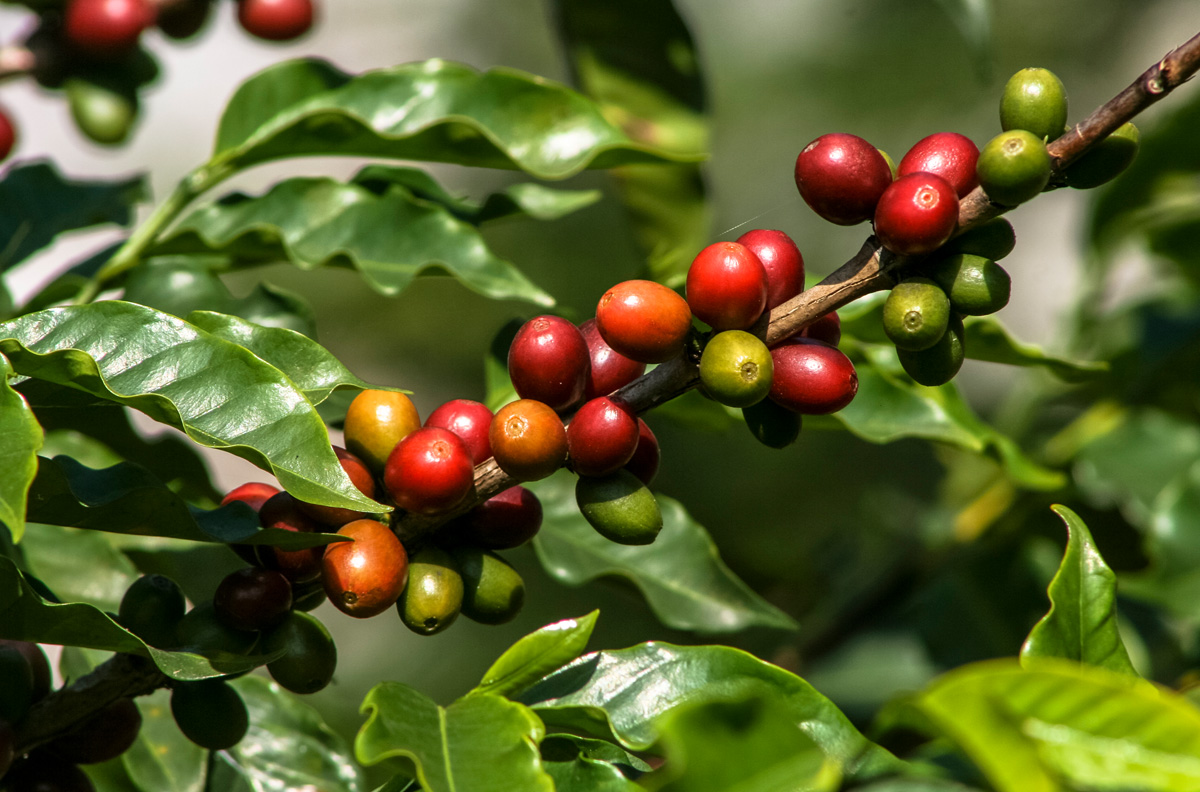
International Research Team Discovers Genes Against Coffee Leaf Rust
May 2, 2024| |
An international team of researchers co-led by Nanyang Technological University, Singapore (NTU Singapore) has made a breakthrough to help protect Arabica plants against the fungal disease coffee leaf rust.
Globally, Arabica coffee is the most economically important coffee, accounting for 60 percent of coffee products worldwide. Coffee leaf rust disease, caused by the Hemileia vastatrix fungi has wreaked havoc on coffee-producing farms worldwide. The United States Agency for International Development estimates that between 2012 and 2014, an outbreak of coffee leaf rust caused about US$$1.36 billion in economic damages in Latin America.
The scientists from NTU Singapore, Nestlé, the Université de Montpellier in France, and the University at Buffalo in the United States mapped out, in great detail, the genomes of Arabica and two related coffee plants, Robusta and Coffea eugenioides, which are the modern-day ancestors of Arabica. The scientists' analysis suggested that Arabica's resistance to coffee leaf rust may have been lost when Arabica plants became widely cultivated. A hybrid of Arabica and Robusta resistant to the disease was found on Timor island in 1927, but the resistant coffee does not taste as good as other Arabica plants.
By comparing the genomic sequences of Arabica with the two related coffee plants, the researchers found that the three species are still highly similar genetically. This suggests that for future breeding programs to ensure that Arabica plants have disease resistance, breeders can consider using other related coffee species, such as Robusta and C. eugenioides.
For more details, read the news article on the NTU Singapore website.
| |
You might also like:
- New Reference Genome of Arabica Depicts Its History and Future
- Study Gives Details on Arabica Coffee's Complex Genome
- Researchers Crack Arabica Coffee Genome
Biotech Updates is a weekly newsletter of ISAAA, a not-for-profit organization. It is distributed for free to over 22,000 subscribers worldwide to inform them about the key developments in biosciences, especially in biotechnology. Your support will help us in our mission to feed the world with knowledge. You can help by donating as little as $10.
-
See more articles:
-
Plant
- ISAAA and 2Blades Release Resource on Rust-Resistant Soybean
- USDA Grants Exemption for Amfora's Gene-Edited, Ultra-High Protein Soybeans
- Combined Traditional Farming Practices and Modern Biotechnology Can Help Achieve UN Sustainable Development Goals
- Food Allergens Expert Tackles Safety and Acceptance of GM Crops
-
Animal
- Novel Platform Visually Screens Gene Editing Efficiency in Porcine
-
Food
- International Research Team Discovers Genes Against Coffee Leaf Rust
-
Health
- Scientists Produce Synthetic Cells Similar in Function to Living Cells
- Experts Use CRISPR to Combat Antimicrobial Resistance
-
Read the latest: - Biotech Updates (February 11, 2026)
- Gene Editing Supplement (January 28, 2026)
- Gene Drive Supplement (February 22, 2023)
-
Subscribe to BU: - Share
- Tweet

